When we think about organic farming, we often think of the impact on our personal health when we eat the products grown organically. Organic farming, however, isn’t only good for the health of our bodies, but also for the health of the planet. A new study has revealed the incredible impact that organic farming has over the span of multiple decades on the soil and the planet.
The Impact of Organic Farming: The Study
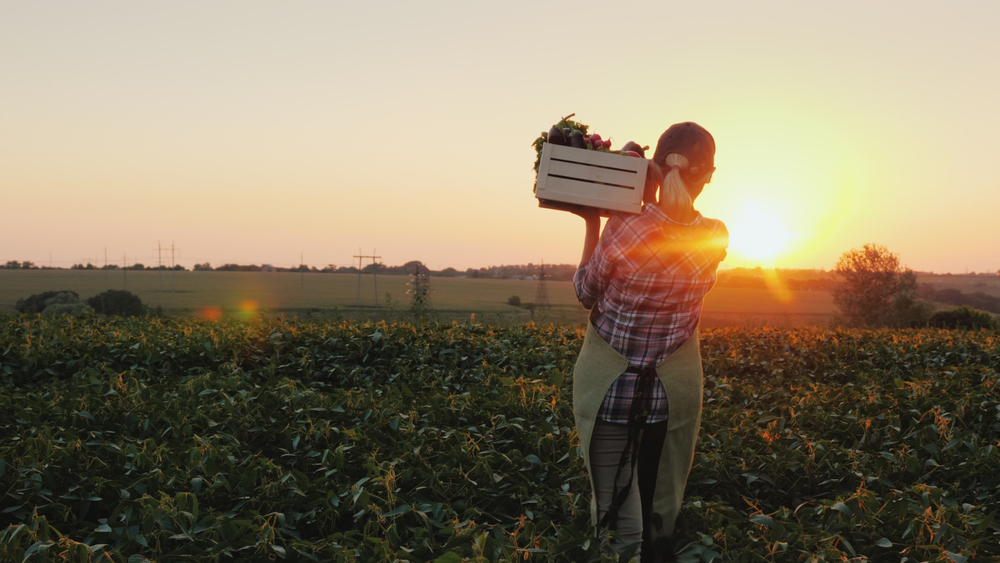
What actually is the impact of organic farming on the environment? A group of researchers from Kansas State University decided to study it, and they have recently published their results. The study looked at how adding organic materials to the soil affected the way carbon gets stored in tiny soil clusters in a cornfield in Kansas. This cornfield had not been plowed for over 22 years. They tested different types of nitrogen treatments, like manure/compost, urea, and no fertilizer, to see how they helped keep carbon in the soil at a very small scale.
Key Findings
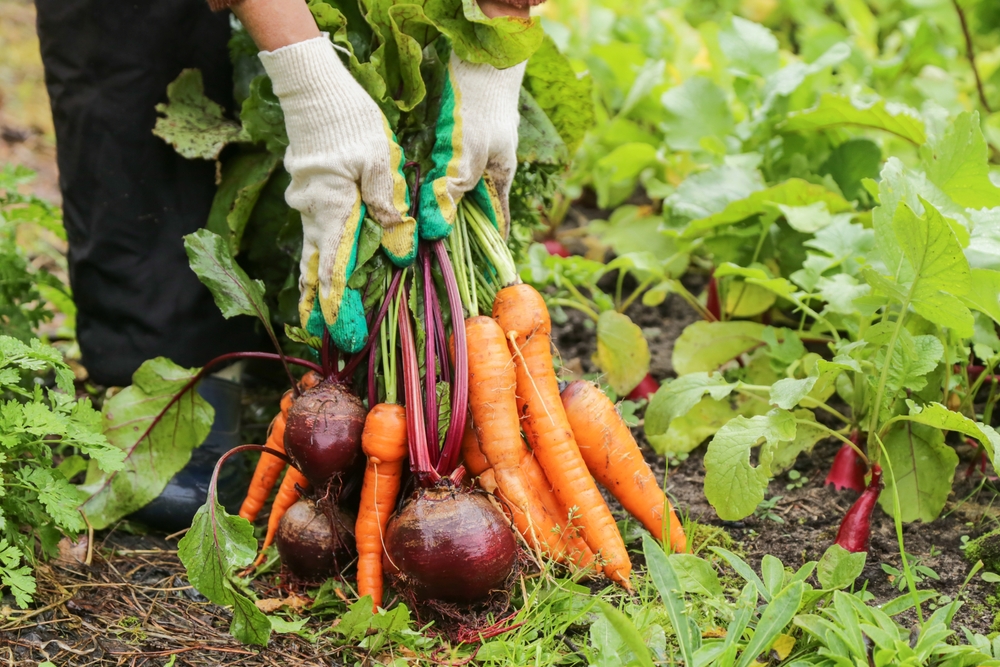
There were a few key findings to the study that prove just how powerful organic farming is. These impacts surprised even the researchers themselves.
Direct Evidence with Scanning Transmission X-Ray Microscopy
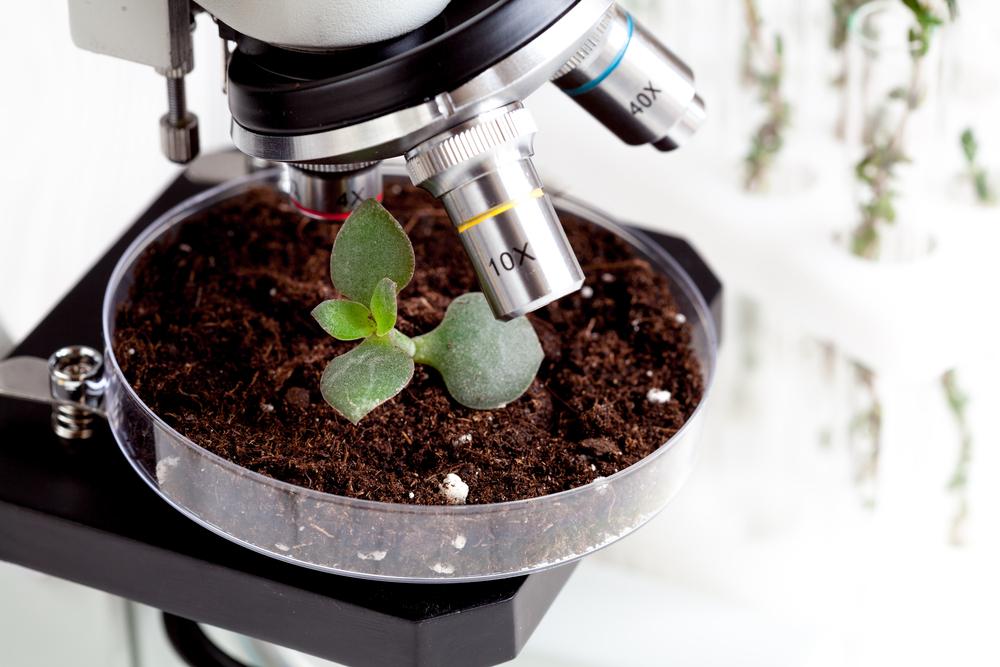
Advanced tools like scanning transmission X-ray microscopy and near edge X-ray absorption fine structure spectroscopy were used to look closely at how organic matter helps to keep carbon in the soil. This showed us how adding organic materials can encourage a diverse range of tiny organisms in the soil.
“We were trying to understand what the mechanisms are behind increasing soil carbon storage using certain management practices,” says Dr. Ganga Hettiarachchi, professor of soil and environmental chemistry at Kansas State University. “We were looking at not just soil carbon, but other soil minerals that are going to help store carbon.”
Microbial-Derived Carbon Contribution
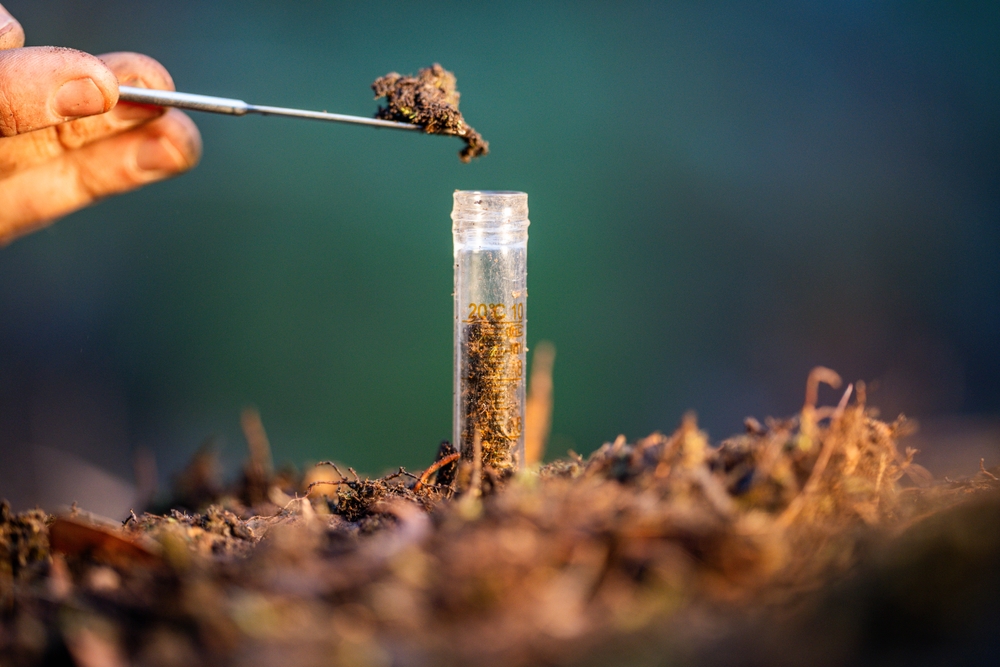
One of the surprising findings were the tiny organisms in the soil clusters that had manure or compost added to them. This showed that adding organic matter to the soil helps diversify the community of microorganisms in the soil and allows them to grow. This, in turn, allows for more carbon storage in the soil.
Read More: 15 Women’s Health Myths That Can Be Harmful
Chemical and Mineralogical Significance
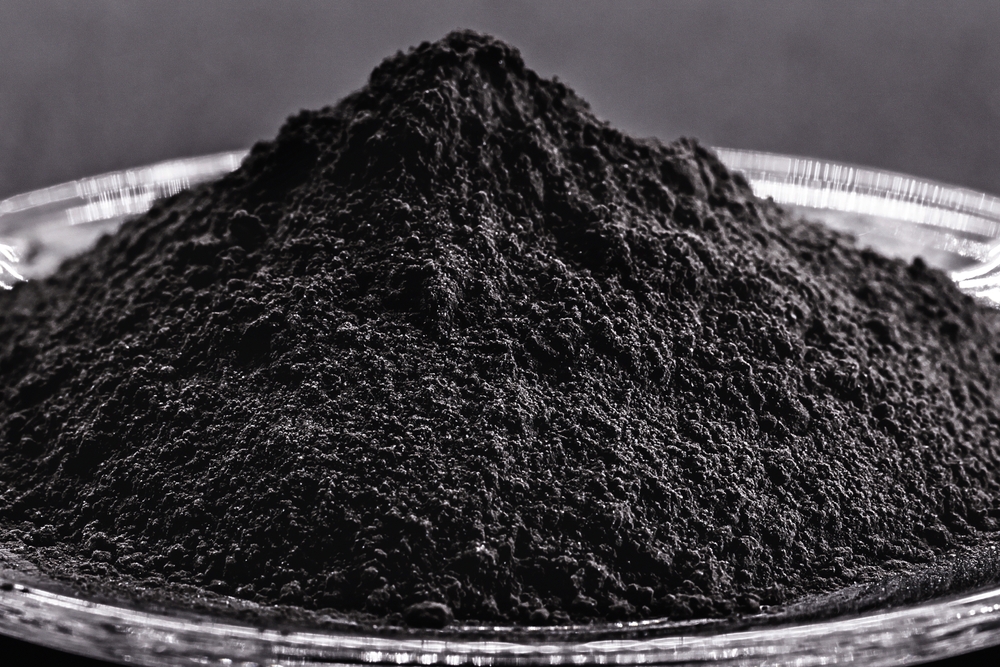
When the research team tested the soil, they found that the parts of the soil treated with compost or manure had more carbon, specific components that can be taken out with a chemical called ammonium oxalate, and a type of organic material called humic acid. This was different from the soil treated with inorganic fertilizer or nothing at all. This shows that there is a close connection between specific components in the soil and the carbon in the soil, meaning that many different chemical and mineral processes work together to keep carbon in the soil.
Implications for Organic Farming
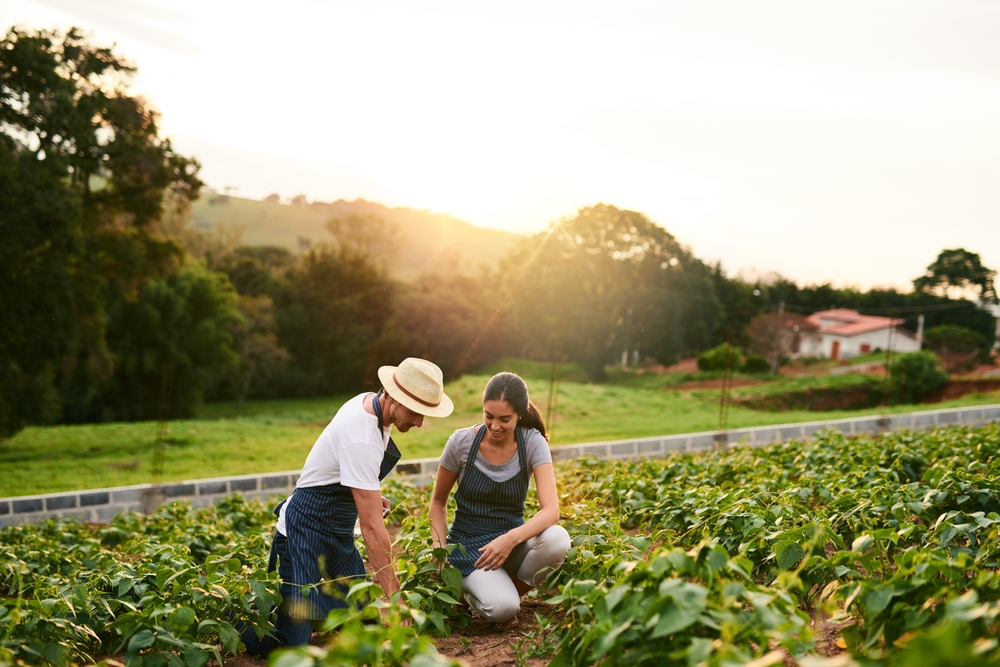
The results of this study are really important for organic farming. They show that using compost and manure for many years not only helps to store more carbon in the soil, but also encourages a lot of different tiny organisms to grow. This, in turn, helps organic and mineral parts of the soil to work together. Essentially, if we were to switch entirely to organic farming, we would have healthier farms and ecosystems in general. These surprising results show that organic farming has many different benefits beyond just how much it produces.
The Bottom Line
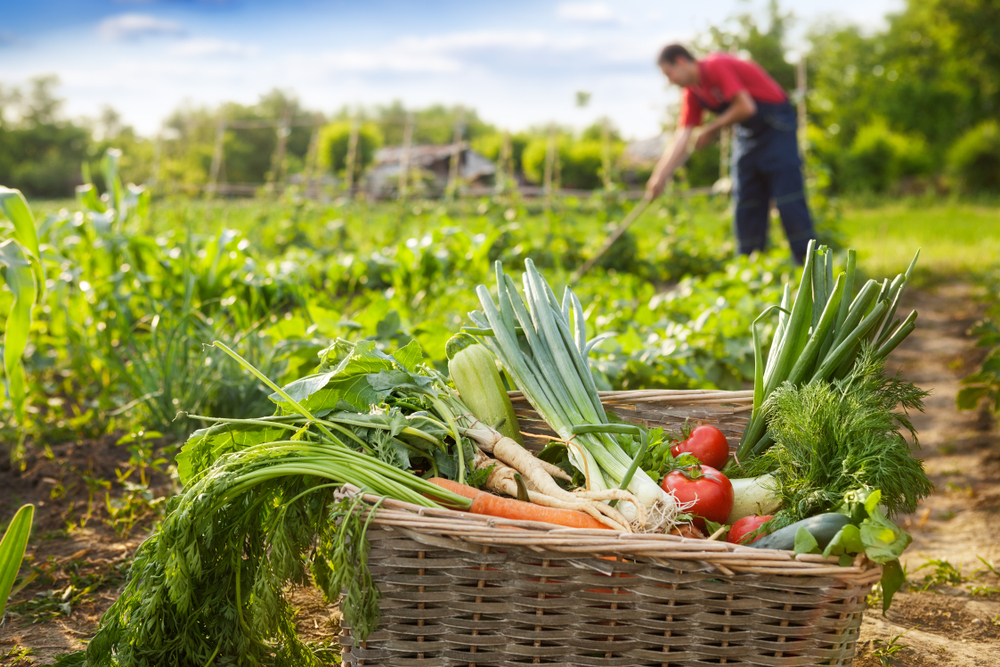
The study’s discoveries about how organic farming affects the way carbon is kept in tiny soil clusters show a big advancement in our understanding of sustainable farming. By figuring out how chemicals, minerals, and living things all work together in the soil, this research sets the stage for new and improved organic farming methods that focus on taking care of the environment and keeping the soil healthy for the long run. From here, the real challenge begins: Providing more incentive for farmers to switch to using organic methods. The more organic farming is done, the healthier our planet will be as a whole.
Read More: One-Acre Permaculture Garden Helps Feed 50 Families

